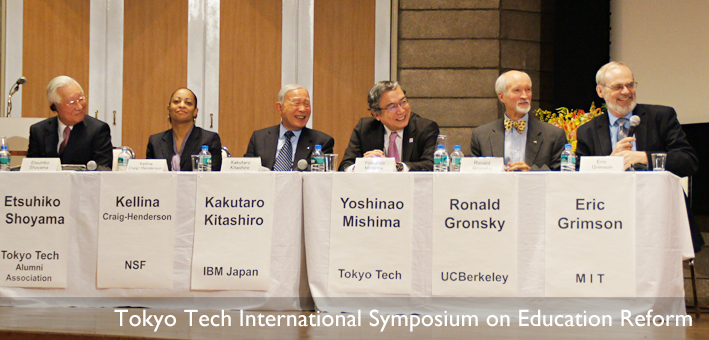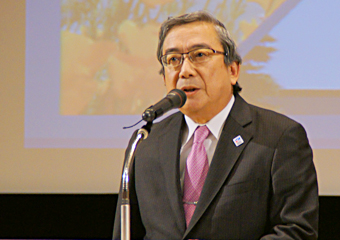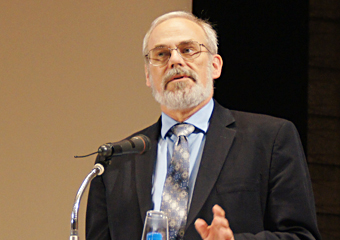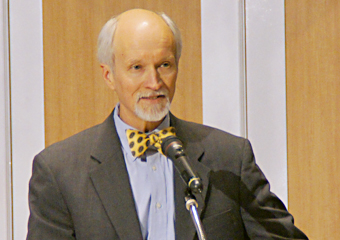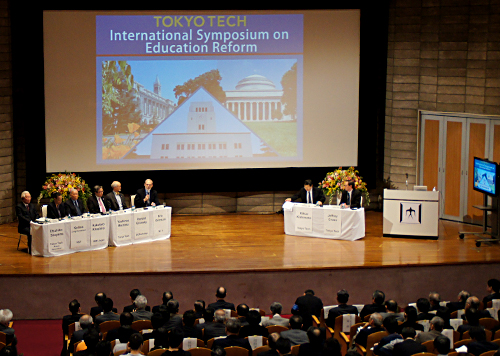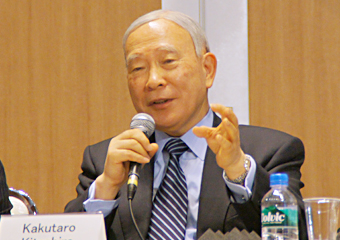
Mr. Kakutaro Kitashiro,
Executive Advisor, IBM Japan
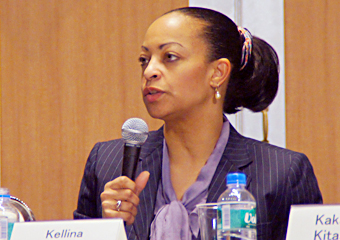
Dr. Kellina Craig-Henderson, NSF
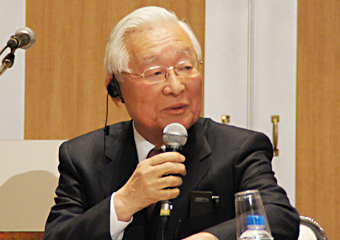
Mr. Etsuhiko Shoyama, President,
Tokyo Tech Alumni Association
In particular, to attract more international students, Japanese universities need to increase the number of classes conducted in English and provide dormitories. Additionally, faculty members need to rethink their approach, from teaching what they can, to teaching what they should.
These are not easy things to do. At present, reforms in university governance are also on the table in the Subdivision on University of the Central Council for Education, Ministry of Education, Culture, Sports, Science and Technology. I hope Tokyo Tech will lead Japan in the “Olympics” of universities by participating and winning medals.
Craig-Henderson The National Science Foundation (NSF) was established in 1950 as a federal agency for supporting basic research outside the biomedical fields. Today the NSF is focusing on international cooperation, and many of the funded programs include global partnerships for research. Some programs support research facilities while funds are also provided for faculty exchange programs. The NSF implements programs in which researchers, universities and students engage in international cooperation.
Shoyama Globalization is not an issue solely for educational institutions. Japanese industry is also confronting globalization. The requirements of customers are becoming more diversified than ever before and innovation is imperative. I feel that the key to responding to these changes is to foster innovative people with sensitivity, knowledge and communication skills in addition to expertise. The strengths of Japan's industry are the trust it has built with people in the past and the reliability of its products. Industry continues to place value on high-quality manufacturing, integrity, and teamwork.
. Any information published on this site will be valid in relation to Science Tokyo.


